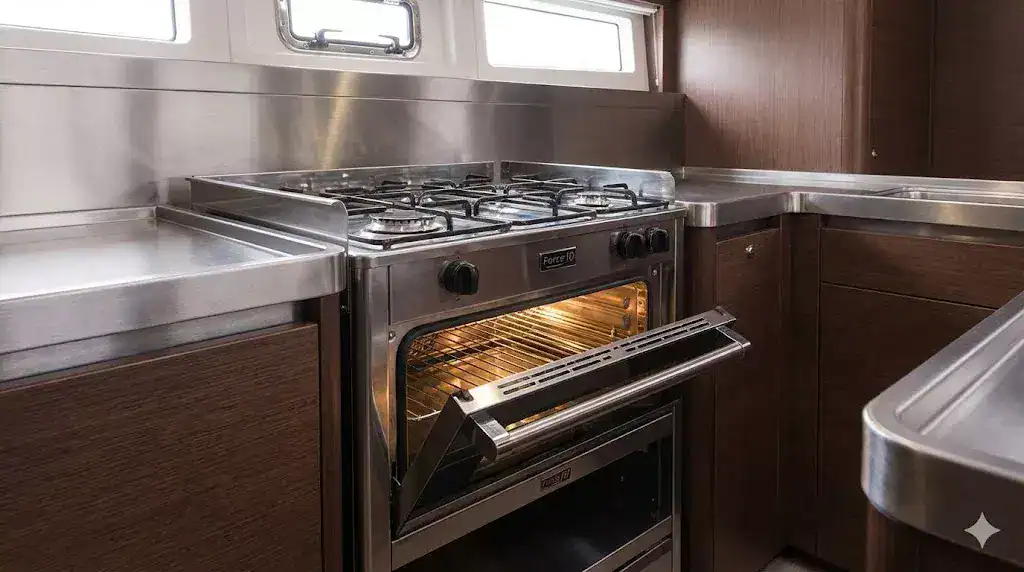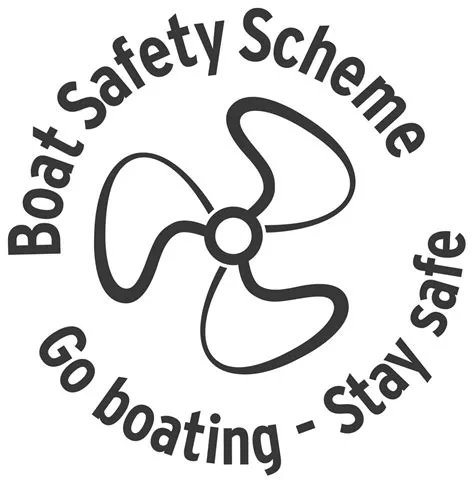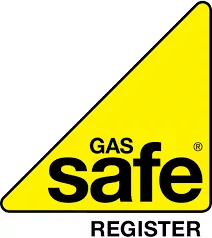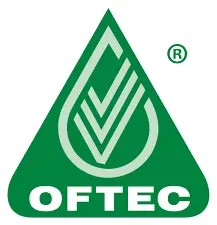The Heart of the Galley
Choosing an LPG gas cooker for your boat is a decision that balances culinary performance with strict safety compliance. Unlike domestic cookers, marine units are engineered to withstand constant vibration, salt-air corrosion, and the physical movement of the vessel.
For 2026, the industry standard has moved beyond basic functionality. Modern marine cookers now feature advanced “Flame Failure” technology on every single burner, ensuring that your off-grid cooking is as safe as it is efficient.
Ensure your system is compliant. Book a Marine LPG Gas Safety Inspection.
1. Non-Negotiable Safety: Flame Failure Devices (FFD)
In the confined space of a boat, an undetected gas leak is catastrophic. In 2026, the Boat Safety Scheme (BSS) mandates that all new gas appliances must have Flame Failure Devices (FFDs).
- How it Works: A thermocouple monitors the flame. If the flame blows out due to a draught or a boil-over, the device automatically shuts off the gas supply within seconds.
- Total Protection: Ensure your chosen model has FFDs on the hob burners, the grill, and the oven. Many older “budget” models only protected the oven, which is no longer compliant for new 2026 installations.
2. Marine-Specific Features
When browsing for an LPG gas cooker, look for these specific engineering details that distinguish a marine unit from a “caravan” or “domestic” model:
- Gimbals & Harbour Locks: On sailing vessels, gimbals allow the cooker to remain level while the boat heels. A “harbour lock” secures the unit in place when you are moored or on a flat-water canal.
- Pan Holders (Fiddles): Adjustable stainless steel rails that lock your pots and pans onto the hob, preventing them from sliding off during heavy weather or when passing a speeding widebeam.
- Retractable Doors: Premium brands like Force 10 feature doors that slide underneath the oven when opened, saving vital floor space in narrow galleys.
Comparison: Leading Marine Cookers for 2026
| Feature | Force 10 Professional | Eno Gascogne | Dometic Starlight |
| Best For | Luxury Yachts/Liveaboards | Modern Widebeams | Compact Cruisers |
| Door Style | Slide-Away (Retractable) | Side-Hinged | Bottom-Hinged |
| Construction | 304 Polished Stainless | Enamelled/Stainless | Stainless Steel |
| Ignition | Electronic Spark | Battery Powered | Piezo/Manual |
3. Professional Installation is Mandatory
Gas work on boats is heavily regulated in the UK. If you live on your boat or rent it out, the installation must be carried out by a Gas Safe Registered engineer with specific “Marine” and “LPG” competencies.
A professional installer will ensure:
- Gas Tightness: Using a bubble tester or manometer to verify zero leaks.
- Correct Ventilation: Verifying that your cabin has enough fixed ventilation to prevent Carbon Monoxide (CO) build-up.
- Locker Safety: Checking that your gas locker is sealed from the cabin and vents overboard.
Upgrading your galley? Check our Electrical System Repairs for modern LED lighting and water pumps.





Comments are closed.